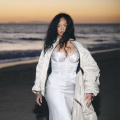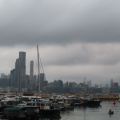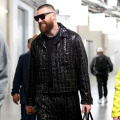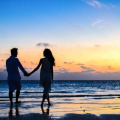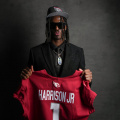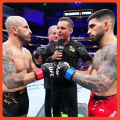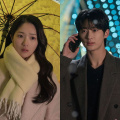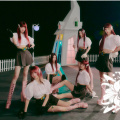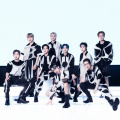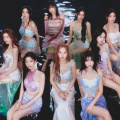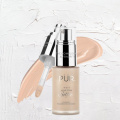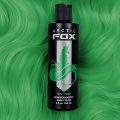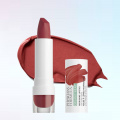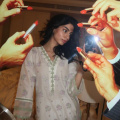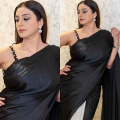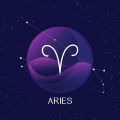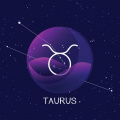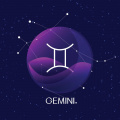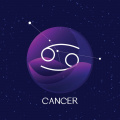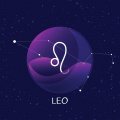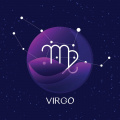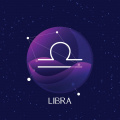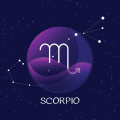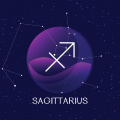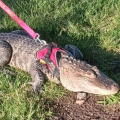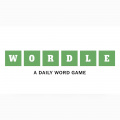Why Do People Need Special Glasses To View The Solar Eclipse? Doctors Explain
Even when the sun is partially hidden, as it is during an eclipse, staring at it can harm your eyes.
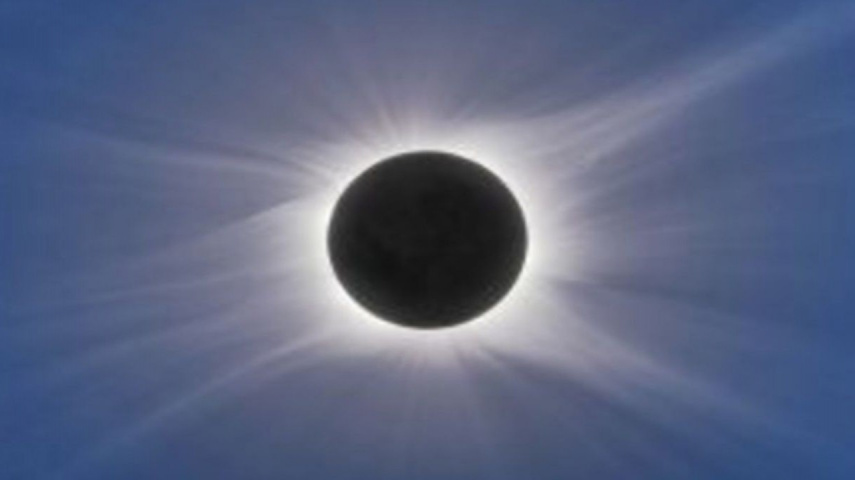
On April 8, 2024, millions of Americans will be able to witness the solar eclipse, which has many excited. However, it's essential to consider how you view it because it can harm your eyes.
Why should you be careful while viewing Solar Eclipse?
When the moon moves in front of the sun and blocks its light, it creates a solar eclipse. According to NASA, a partial solar eclipse happens when the moon partially obscures part of the sun, while a total solar eclipse happens when the moon completely blocks the sun's light. You must wear eye protection when viewing in either case.
According to Dr. Yehia Hashad, chief medical officer of Bausch + Lomb, an eye health firm and an ophthalmologist with expertise in retinal diseases, there is no safe level of exposure to solar ultraviolet or infrared radiation, CBS reported. "A very small dose could cause harm to some people," he stated. "We claim that the partial eclipse may also be harmful because of this. And for that reason, we shield our eyes from full and partial sunlight."
Others claim that it is safe to watch a brief moment during a total eclipse when the moon totally conceals the sun without wearing eye protection. However, professionals advise against it. As the moon moves, bright sunlight may suddenly appear. The eclipse's totality lasts only a minute or three, depending on the viewer's location, according to an eclipse viewing guide published in JAMA. Even a few seconds spent staring at the sun during an eclipse can cause temporary or permanent vision damage.
To safeguard your eyes, you must use eclipse glasses when viewing the eclipse. Even if you stack multiple pairs of sunglasses, they will need more protection when watching an eclipse. "There's no amount of sunglasses that people can put on that will make up for the filtering that the ISO standard filters and the eclipse glasses provide," Brinton stated.
NASA advises against viewing the eclipse through a phone, binoculars, telescope, or camera lens—even if you are wearing eclipse glasses. Severe eye damage can result from sun radiation that burns through the lens. According to NASA, eclipse glasses must adhere to the international safety standard ISO 12312-2 and bear an "ISO" label to indicate compliance. A list of authorized sun viewers is available from the American Astronomical Society.
How to safeguard kids and avoid solar retinopathy?
While traveling to and from their buses, students can find it alluring to watch it without taking the necessary safety precautions. For this reason, several school districts are dismissing students early to allow them to enjoy the occasion with their families safely. Parents should exercise caution as well, according to Dr. Avnish Deobhakta, a vitreoretinal surgeon at the New York Eye and Ear Infirmary at Mount Sinai, as it can be challenging for kids to pay attention and wear solar eclipse glasses. "You want to, in my opinion, kind of avoid them even looking at the eclipse, if possible," he stated. "Always wear the appropriate eclipse sunglasses if you must look at the sun, and ensure they come from the right direction."
Suppose you watch the eclipse without protection; your eyes probably won't suffer immediately away because of decreased brightness and areas where eye damage occurs, but be careful. In that case, the rays can still cause harm. The damage might take time to be evident. Problems can occasionally surface one to several days after the incident. One or both eyes may be impacted.
Although some people will recover their normal visual function, other times, the loss is irreversible. "Often there will be some recovery of the vision in the first few months after it, but sometimes there is no recovery, and sometimes there's a degree to which it is permanent," Brinton explained.
"There might not be any harm if someone looks at the eclipse for a very short time. However, damage can occasionally occur even in a split second, according to Brinton. The official term for the ailment is solar retinopathy, and he mentioned having treated patients who had it. The patient perceives the charred crescent as black in her vision field, he said. "The visual deficit that she has will never go away."
Headaches, blurred vision, dark patches, and changes in color, line, and form perception are warning signs and symptoms of eye injury that can occur after seeing an eclipse. Sadly, there is no known cure for solar retinopathy. Brinton stated, "I think it's reasonable to see an eye care professional to confirm the diagnosis and for education," but he also said, "At this point, there is nothing that can be done." Give it time and patience, and the body will usually repair some of it."





 JOIN OUR WHATSAPP CHANNEL
JOIN OUR WHATSAPP CHANNEL

